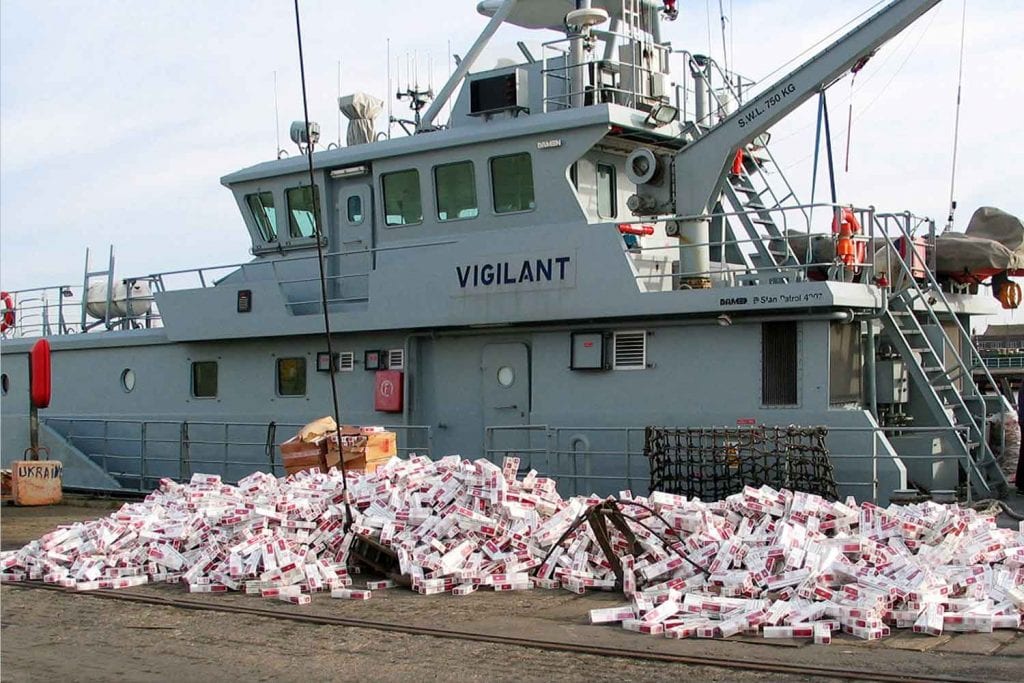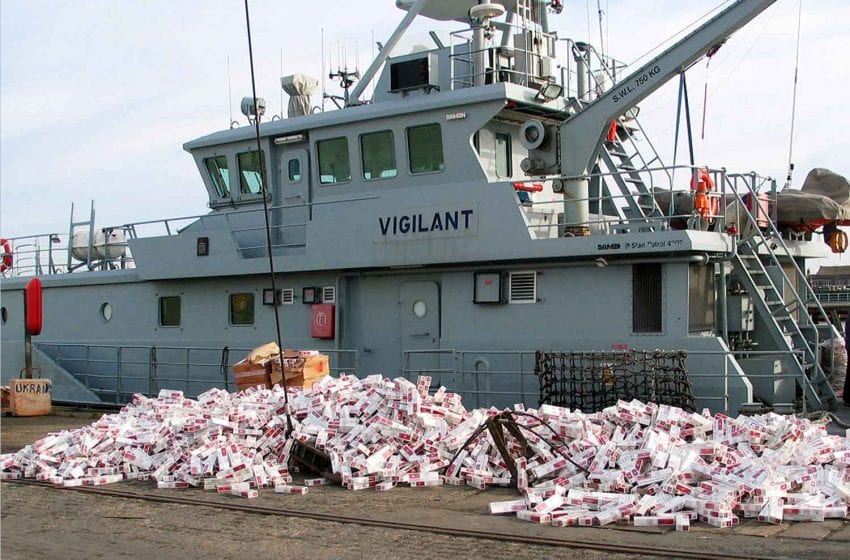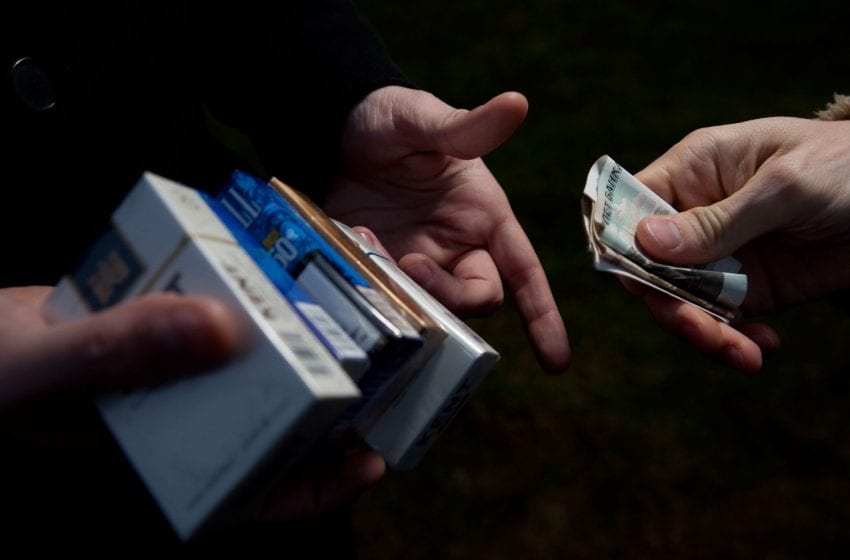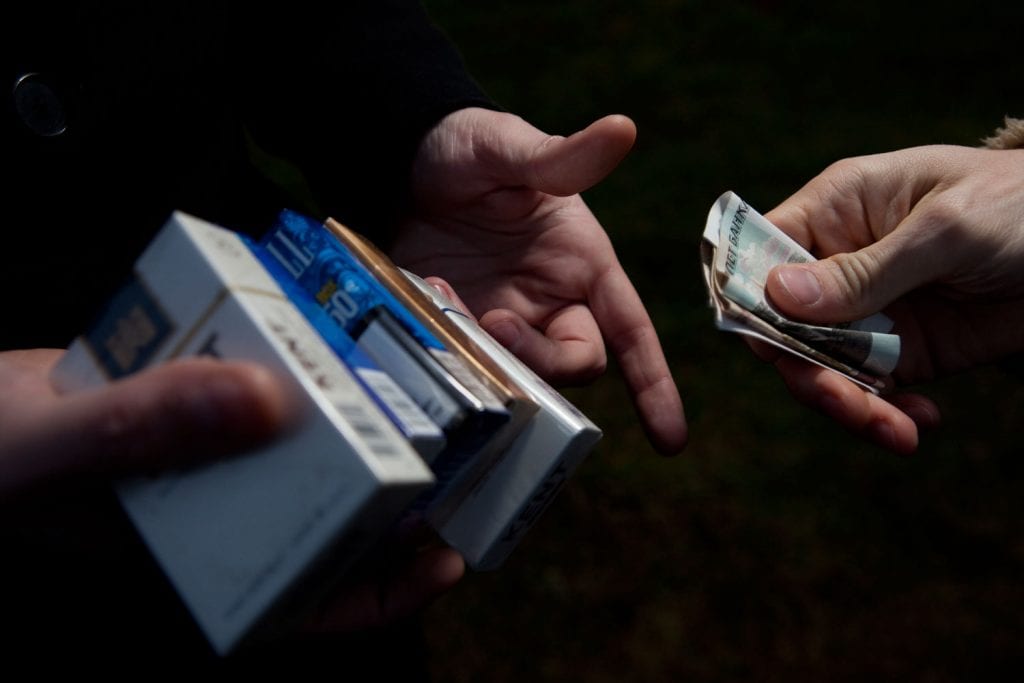
The second Meeting of the Parties (MOP2) to the Protocol on Eliminating Illicit Trade in Tobacco Products ended today. This session built on the foundations of the treaty that only entered into force three years ago. The meeting was conducted virtually due to the ongoing Covid-19 pandemic.
The three-day session saw a series of key decisions adopted, including the launch of an innovative plan to ensure reliable funding for the protocol. To strengthen implementation of the protocol, parties agreed to set up a new investment fund to help support the drive to end the illicit tobacco trade.
This new initiative will source financial contributions beyond the traditional health sector, establishing a capital investment fund, the earned revenue of which will be used to support the activities of the protocol.
The protocol provides tools for preventing illicit trade by securing the supply chain. MOP2 has developed a road map that will help improve the global track-and-trace system. The objective is to secure the tobacco supply chain and prevent the manufacture and circulation of illicit tobacco products. Parties to the protocol also agreed to develop a global network so that they can exchange information on the movement of tobacco products.
Fifty-nine parties to the MOP attended the session. The MOP2 also agreed to strengthen international cooperation to ensure greater assistance between parties—a step that is expected to accelerate the adoption of best practices and support the introduction of innovations. The parties also adopted a strategy for mechanisms of assistance and mobilization of financial resources to deepen the implementation of the protocol.
“Taxation is the single most effective tool for reducing tobacco use, but illicit trade in tobacco products undermines the effectiveness of tax policies,” said Tedros Adhanom Ghedreyesus, director general of the WHO, in a statement. “Illicit tobacco products also exacerbate inequalities because they are often cheaper and more accessible to vulnerable populations, such as young people.”
Adriana Blanco Marquizo, head of the WHO FCTC secretariat, said, “The protocol also supports us on matters that have been linked to our very safety and security. It is recognized that illicit trade in tobacco products is connected to transnational organized crime, raising income for its activities. Indeed, we have many reasons to work together to strengthen the effectiveness of the protocol.”
The next Meeting of the Parties to the Protocol will be held in Panama in 2023, along with the 10th Conference of the Parties to the WHO Framework Convention on Tobacco Control.



